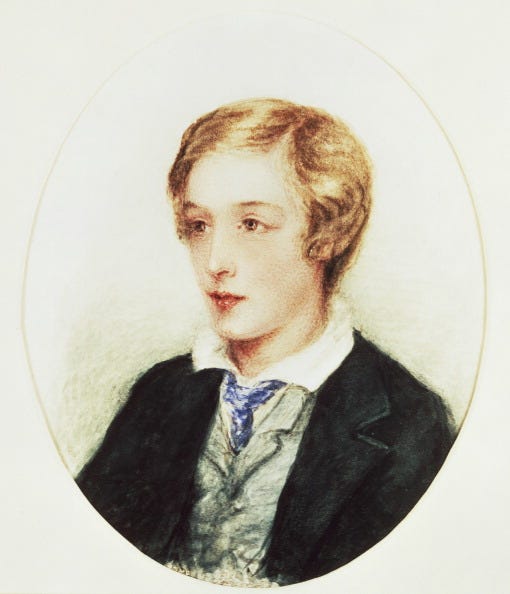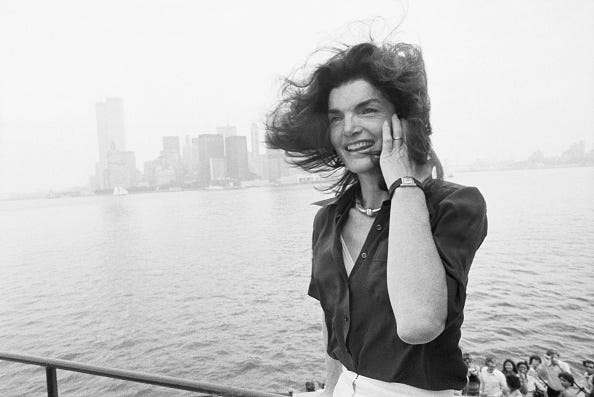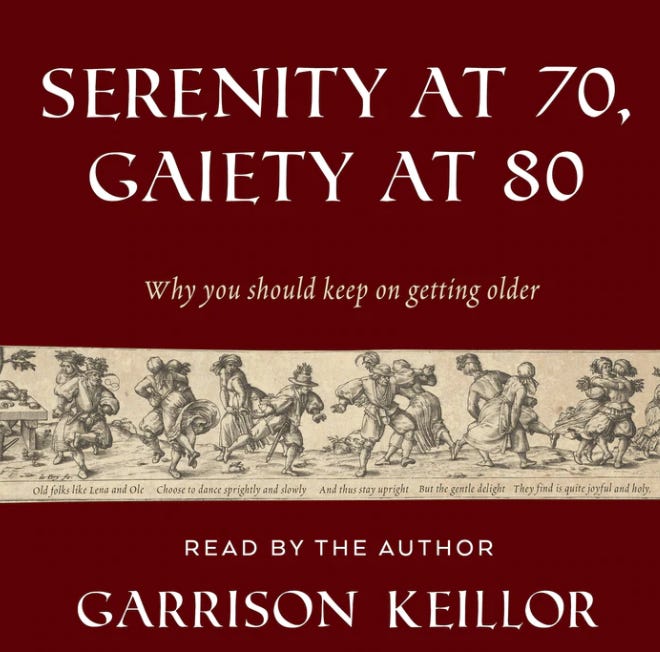TWA for Thursday, July 28, 2011
"My own heart let me have more have pity on; let..." by Gerard Manley Hopkins. Public domain.
ORIGINAL TEXT AND AUDIO - 2011
Today is the birthday of English poet and Jesuit priest Gerard Manley Hopkins (1844), born in Stratford, Essex. He won a poetry prize in grammar school and then received a grant to study at Balliol College, Oxford, where he studied Classics and continued to write poetry. His academic record was outstanding, earning him the approbation of one of his masters, who called him "the star of Balliol."
While he was at Oxford, Hopkins (who had been raised in the Anglican Church) converted to Roman Catholicism. His experience was so profound that he decided to become a Jesuit priest in 1868, and he burned all his poetry, feeling it was not befitting his profession as a clergyman. He did continue to keep a journal, however, and in 1875, he returned to poetry. He was living in Wales, and found its landscape and its language inspirational. When five Franciscan nuns died in a shipwreck, he was moved to write a long poem, The Wreck of the Deutschland.
Once he was ordained in 1877, he worked as a parish priest in the slums of Manchester, Liverpool, and Glasgow. He lived in Dublin from 1884 until his death of typhoid fever in 1889. Overworked, exhausted, and unwell, he wasn't happy there, and his poetry reflects his unhappiness. Called the "terrible sonnets," they show the poet's struggles with spiritual and artistic matters.
Most of his poetry wasn't published in his lifetime, and it was so innovative that most people who did get to read it didn't understand it. As he wrote in a letter to Burns, "No doubt, my poetry errs on the side of oddness ..." But it influenced such 20th-century poets as W.H. Auden, Dylan Thomas, and Charles Wright.
It's the birthday of Austrian science philosopher Karl Popper, born in Vienna in 1902. His main contribution to the philosophy of science is his rejection of inductive reasoning, which is the view that one can prove a scientific theory is true through trials and experiments. Popper countered that it was impossible to prove irrefutably that something was true; the best you could do was to try every method you could think of to prove that it was not true. If you were unable to prove it false, then you could consider your theory corroborated, but not proven "true."
He said that Freudian psychoanalysis, astrology, and Marxist history were not sciences because they couldn't be proven false. He also said: "Darwinism is not a testable scientific theory, but a metaphysical research program. And yet, the theory is invaluable. I do not see how, without it, our knowledge could have grown as it has done since Darwin."
Today is the birthday of inventor Earl Tupper (1907). He was born on a farm in Berlin, New Hampshire, where his mother took in laundry and ran a boarding house. He was a salesman and inventor even as a child, selling the farm's produce door-to-door and inventing contraptions to save labor on the farm. Tupper started his own landscape and nursery business, Tupper Tree Doctors, which went bankrupt in 1936; he then took a job with the DuPont Chemical Company and began working with polyethylene plastics.
He only stayed at DuPont for a year, but he took what he learned about plastics and developed clear storage containers with watertight, flexible lids, which he called "Tupperware." He sold his product through department and hardware stores, without much success; people couldn't figure out how to make the lids work unless someone demonstrated it for them. In 1948, he met with home products distributor, Brownie Wise, who told him she'd had great success selling Tupperware at parties in her home. He pulled his products from the shelves and named Wise the vice president of the new Tupperware Home Parties in 1951.
It's the birthday of English novelist Malcolm Lowry (1909), born in Birkenhead, England. He ulcerated his cornea when he was a boy, and was nearly blind for four years, until he had an operation. His father owned cotton plantations in Egypt, Peru, and Texas. Lowry took a break before college to see the world, working on ships bound for China and Norway. When he returned, he attended Cambridge University, began writing, and earned a degree in English.
Lowry drank heavily and suffered several mental breakdowns as a result of his alcoholism. He spent the last 10 years of his life in and out of hospitals, and died from an overdose — accidental or deliberate — of sleeping pills. The coroner ruled it "death by misadventure." He's best known for his 1947 novel Under the Volcano, which was semi-autobiographical. It's about an alcoholic named Geoffrey Firmin, a British ex-consul who lives in the town of Cuernavaca, and spans the course of one day, the Day of the Dead: November 2, 1938.
Today is the birthday of poet John Ashbery, born in Rochester, New York (1927), and raised on a farm near Lake Ontario. He worked as an art critic in Paris and New York in the 1950s and '60s, and his poetry has been influenced by abstract expressionist art. It's also often called "difficult." "I'm quite puzzled by my work too, along with a lot of other people," he told Contemporary Authors. "I was always intrigued by it, but at the same time a little apprehensive and sort of embarrassed about annoying the same critics who are always annoyed by my work. I'm kind of sorry that I cause so much grief."
He's won nearly every American award for poetry, including a Pulitzer Prize, a National Book Award, and a MacArthur "Genius" grant. In 2009, he became the first living poet to be the subject of one of the Library of America's "Collected Poems of ..." series. The Oxonian Review remarked: "It is a fitting honour for a man whose decades-long reign as one of the high priests of the contemporary American poetry scene has always been something of a paradox. Having received nearly every major award for achievement in the humanities, he continues to incite considerable debate as to whether his poems 'mean' anything at all."
Ashbery told the London Times: "I don't find any direct statements in life. My poetry imitates or reproduces the way knowledge or awareness come to me, which is by fits and starts and by indirection. I don't think poetry arranged in neat patterns would reflect that situation. My poetry is disjunct, but then so is life."
It's the birthday of Jacqueline Kennedy Onassis, born Jacqueline Bouvier in Southampton, New York (1929). She was the eldest of two daughters, and she wrote poems and essays as a child. Her work occasionally appeared in local newspapers, and she won the graduating award for literature in high school for a cartoon series she wrote and illustrated. In 1951, she entered Vogue magazine's Prix de Paris contest: Entrants were asked to design an entire issue of the magazine, as well as an advertising campaign, and write an essay on the subject "People I Wish I Had Known." (She named playwright Oscar Wilde, poet Charles Baudelaire, and Serge Diaghilev, founder of the Ballets Russes.) She won the contest, but because part of the prize involved working in Paris for six months, her mother made her turn it down. She later worked as "Inquiring Camera Girl" for the Washington Times-Herald, earning $42.50 a week and interviewing several politicians, including her future husband, John F. Kennedy.
She never lost her love of poetry, even though her life took her far from her early writing career, and she tried to instill that love in her children, Caroline and John Jr. Every year, she required them to select a poem that they liked, copy it down, and present it to her for her birthday. She saved them in her scrapbook. Caroline has carried on the tradition with her own children, and has also published three poetry anthologies, including A Family of Poems: My Favorite Poetry for Children (2005), whose cover features a photo, taken by Jackie, of young Caroline reading to her teddy bear. "The things parents enjoy and care about really do get passed on," Caroline told CBS's The Early Show. "I think both my parents really believed in the power of words to change the world. Think it really helps people find their own way if they read and write and think about themselves and finding their voice. I think poetry has a great role to play and really can connect the generations."
It's the birthday of children's book author and illustrator Natalie Babbitt (1932), born Natalie Moore in Dayton, Ohio. She loved reading as a child, especially fairy tales and myths. Her mother, an amateur artist, taught her to paint and draw, and Natalie studied art in high school and college, intending to become an illustrator of books. She married Charles Fisher Babbitt, an academic administrator, right out of college, and followed him as he moved from job to job. They collaborated on a children's book, called The Forty-Ninth Magician (1966); he was the author, and she was the illustrator. When her husband got a job as a college president, Babbitt found herself without a writer. She wrote a few books in verse, and some collections of fables, but she's best known for her novels, including Knee-Knock Rise (1970), The Eyes of the Amaryllis (1977), Herbert Rowbarge (1982), and, especially, Tuck Everlasting (1975), about a family blessed — or cursed — with eternal life.
Today is the birthday of journalist and fiction writer William T. Vollmann (1959), born in Los Angeles. He went to University of California, Berkeley, for a year, then dropped out and went to work. He saved his money until he had enough to go to Afghanistan, which he did in 1982; he traveled with the mujahideen, a group of Islamic commandos, and later wrote about the experience in his book An Afghanistan Picture Show; or, How I Saved the World (1992). His other nonfiction includes a seven-volume treatise on violence, called Rising Up, Rising Down: Some Thoughts on Violence, Freedom, and Urgent Means (2004); and Imperial (2009), a 1,300-page, 10-year project researching the borderland between California and Mexico. He's also written several story collections and novels, and is four volumes into a novel series called Seven Dreams: A Book of North American Landscapes, about conflicts between various settlers and native people.
"When I was a young boy, my little sister drowned, and it was essentially my fault," he told The New York Times. "I was 9, and she was 6, and I was supposed to be watching. I've always felt guilty. It's like I have to have sympathy for the little girl who drowned and for the little boy who failed to save her — for all the people who have screwed up."
Be well, do good work, and keep in touch.®
To Purchase this Audio Collection: CLICK HERE






